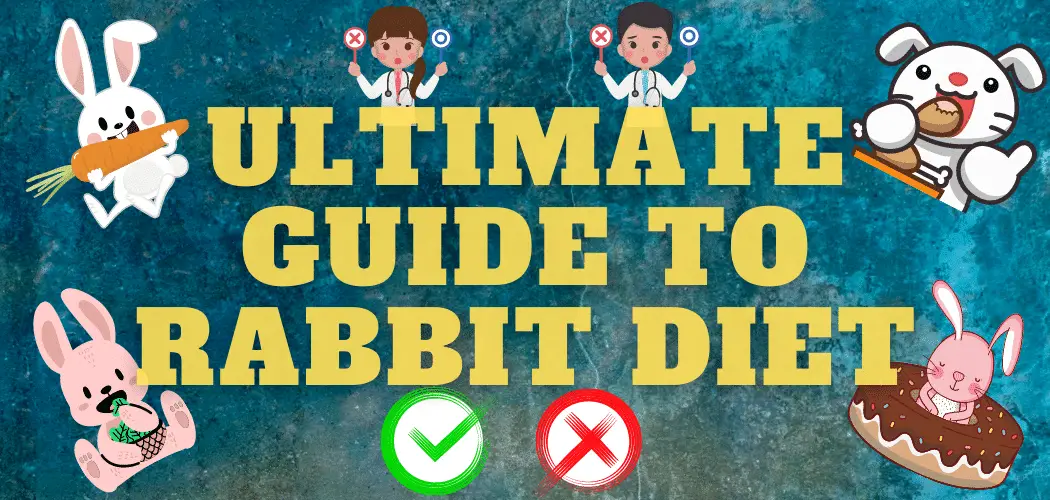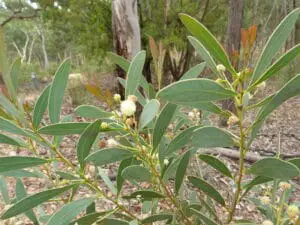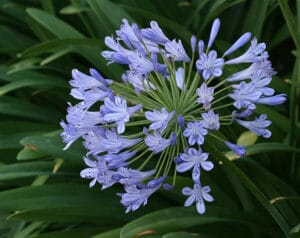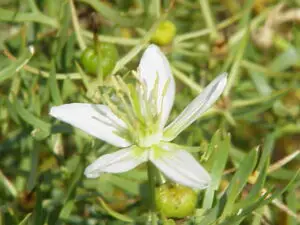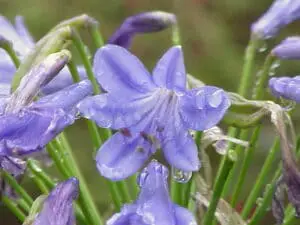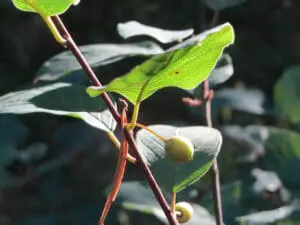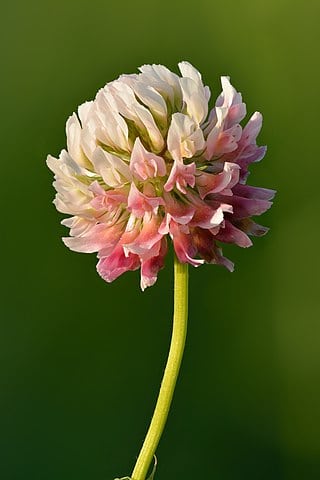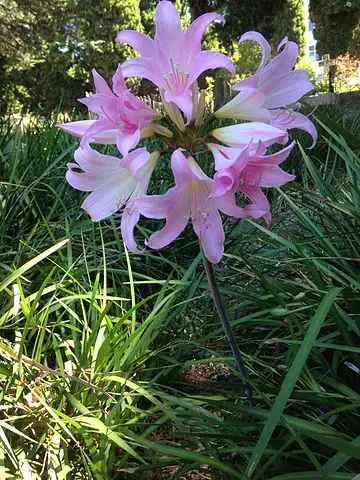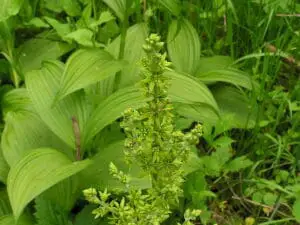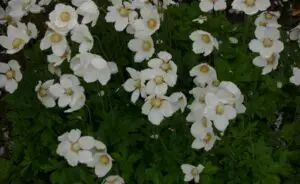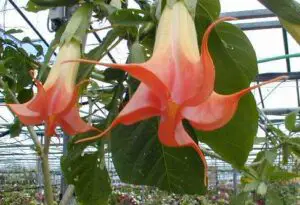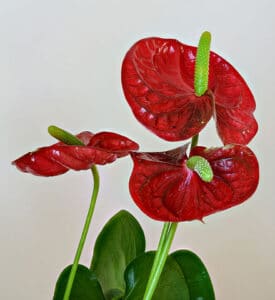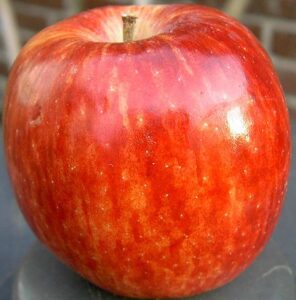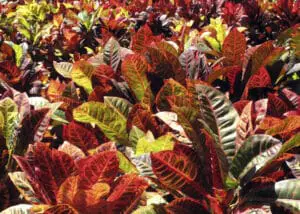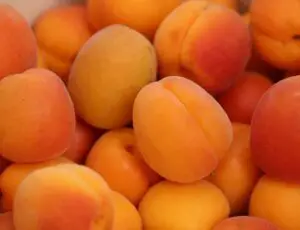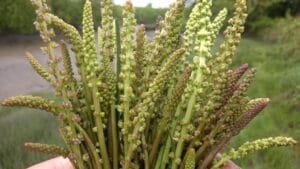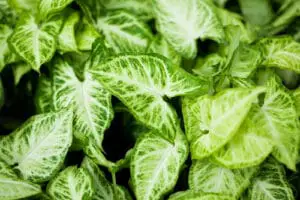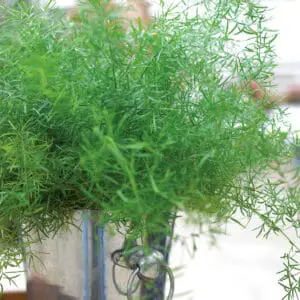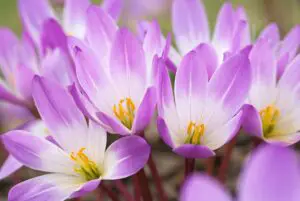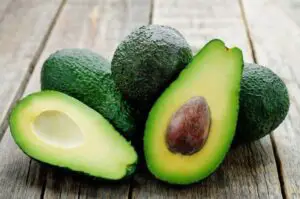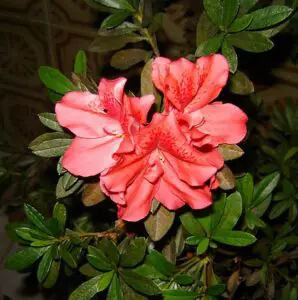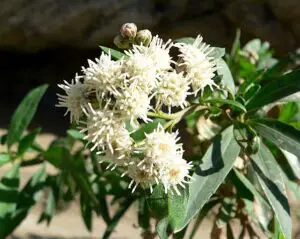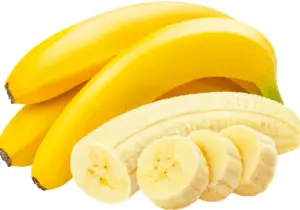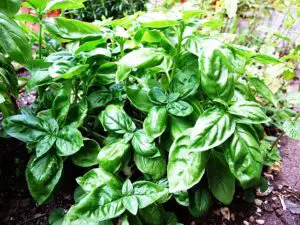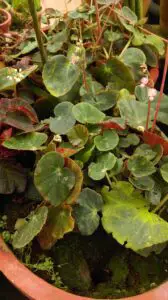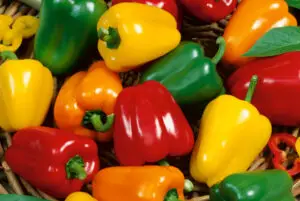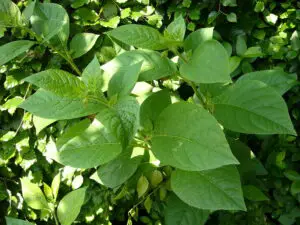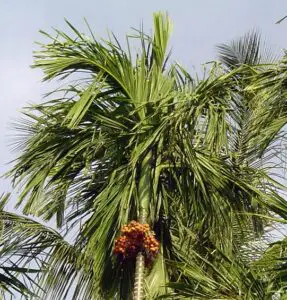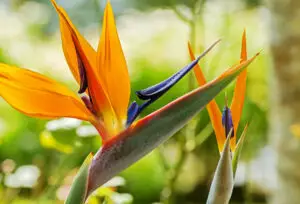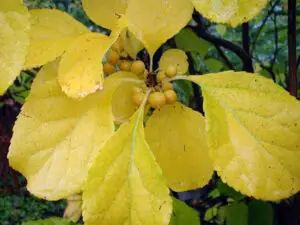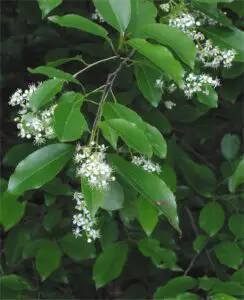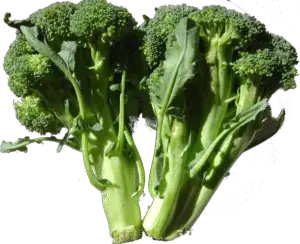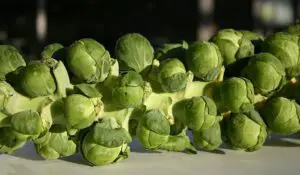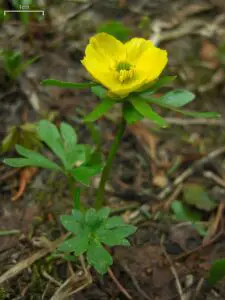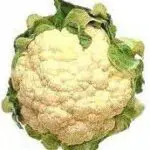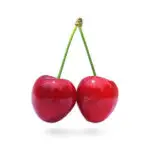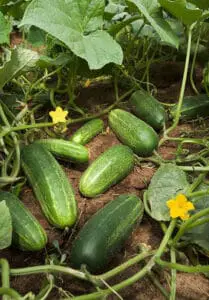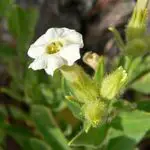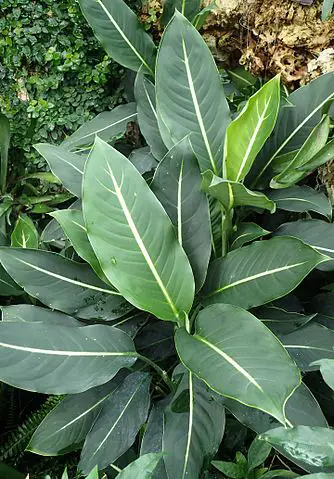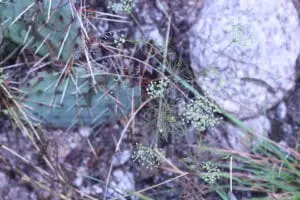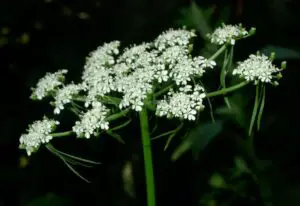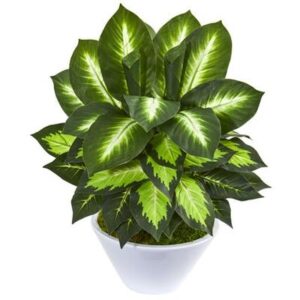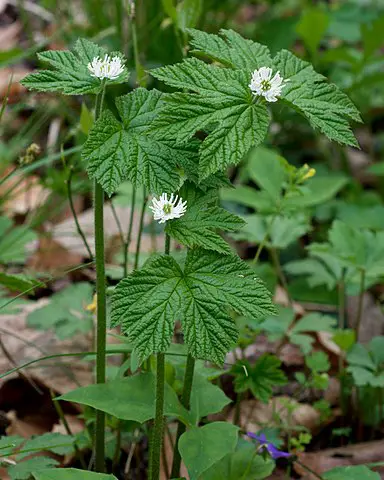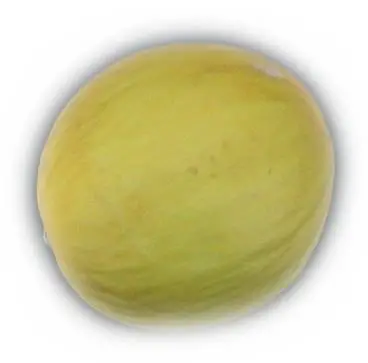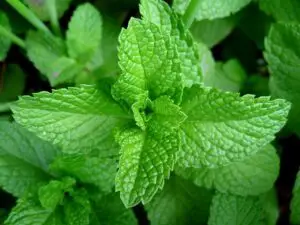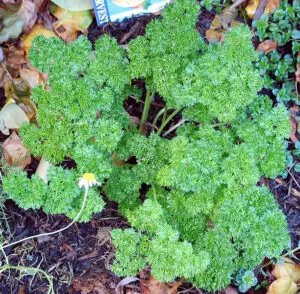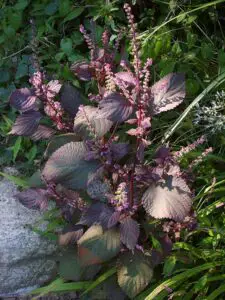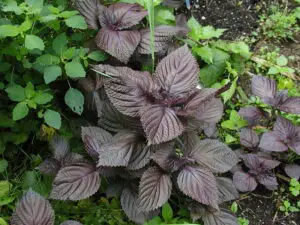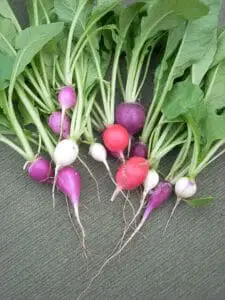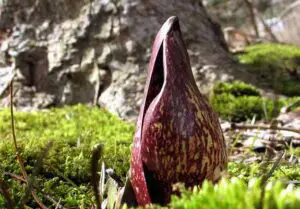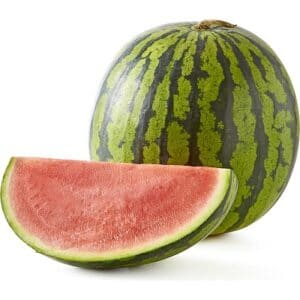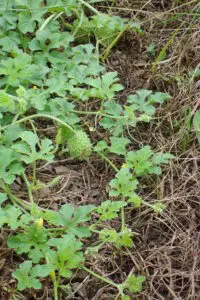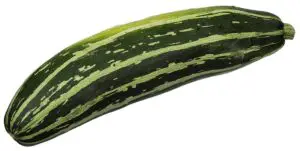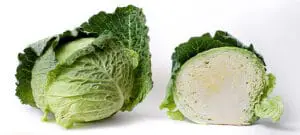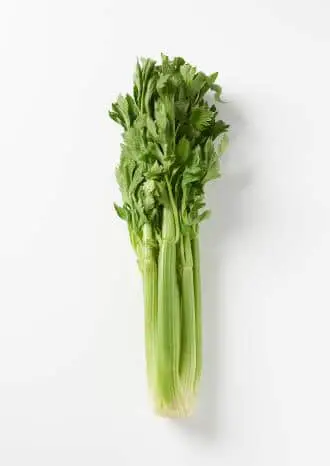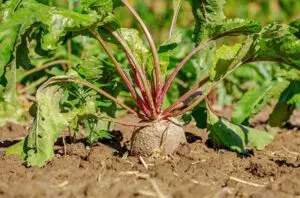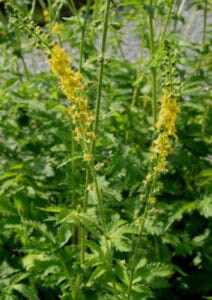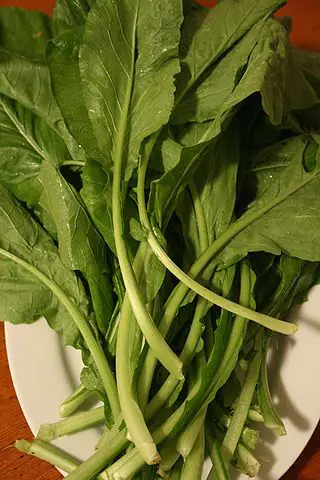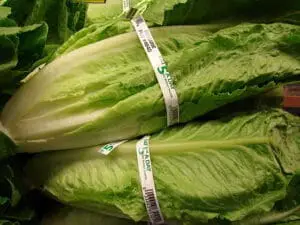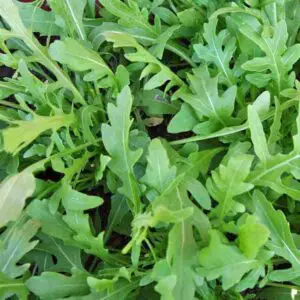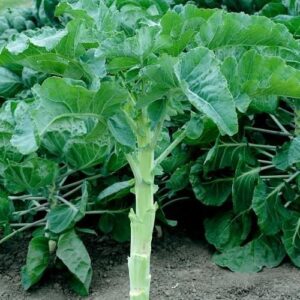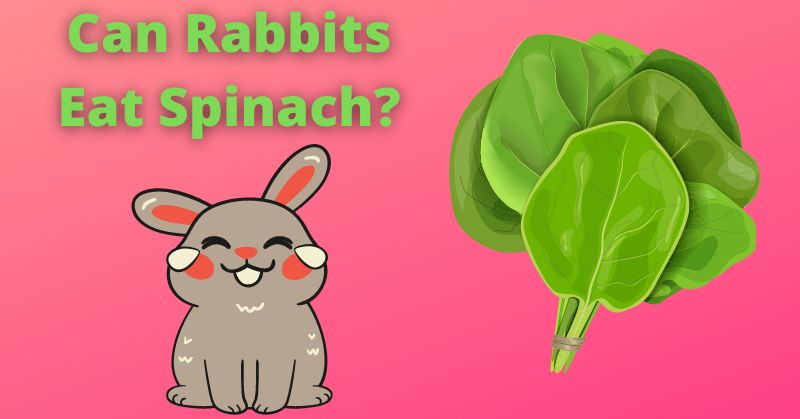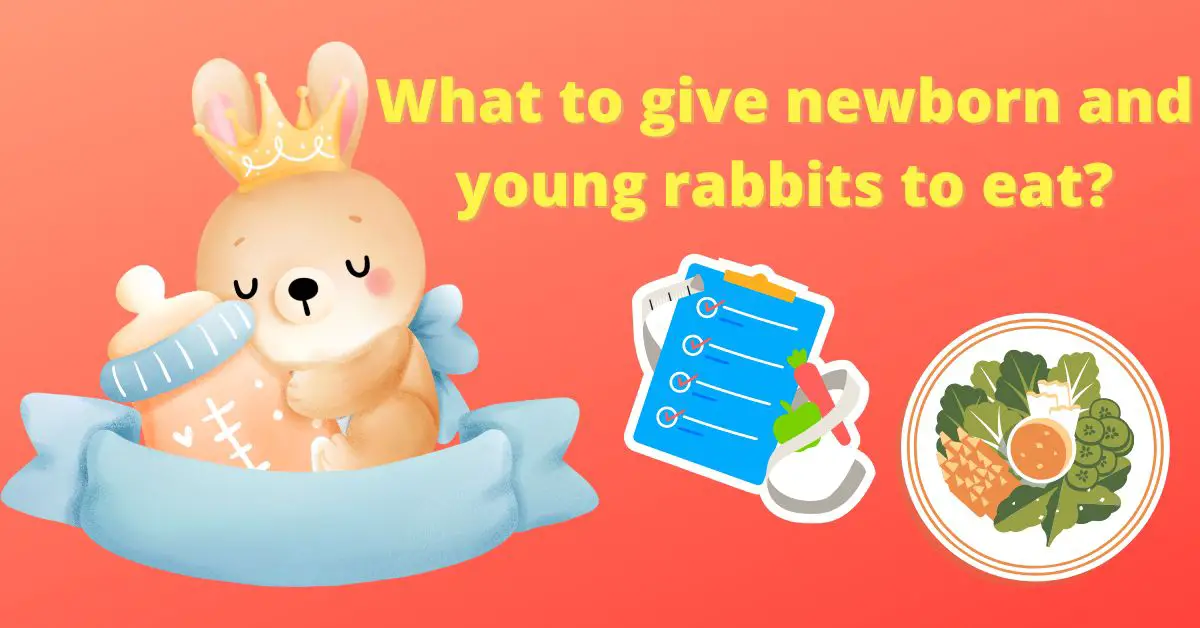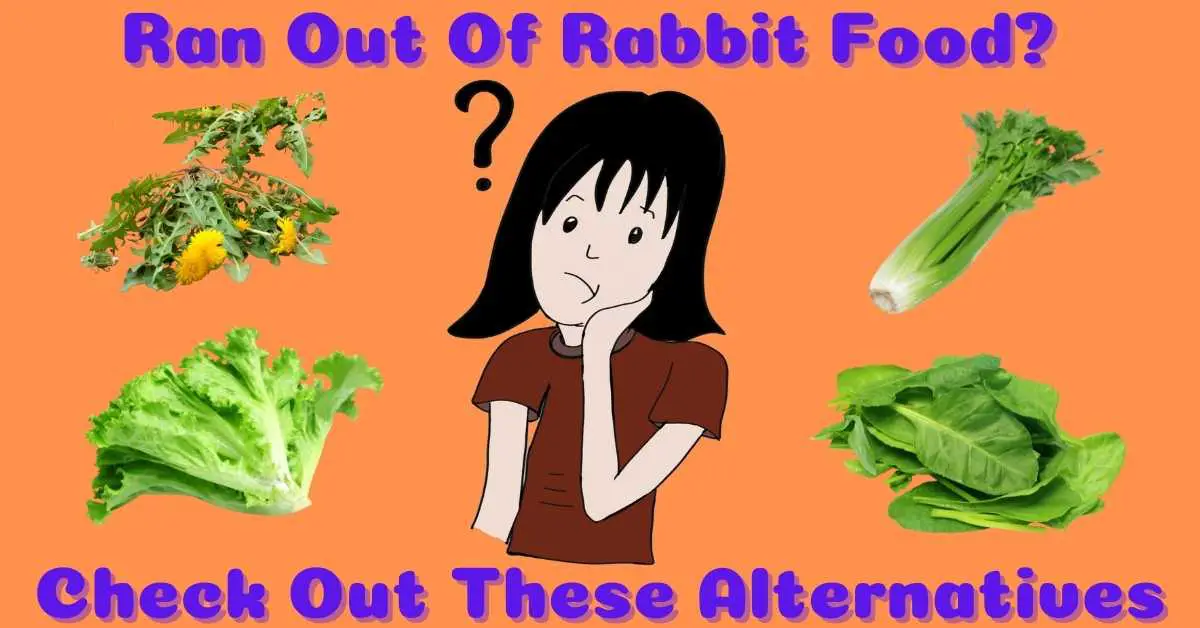Intro: Ultimate Guide to Rabbit Diet
The rabbit is a small mammal that can make a great addition to most homes. Rabbits are herbivores and their diet should consist of hay, fresh vegetables, and limited fruits.
This article will provide you with an Ultimate guide to rabbit diet about what food is safe and which are toxic for your rabbit as well as the best way to feed them so they remain happy and healthy for many years.
Types of Food in Your Rabbits Diet
Hay: Unlimited supply for your bunny (VERY IMPORTANT)
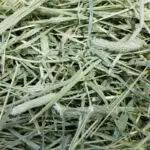
Rabbits need a lot of hay to keep their digestive systems healthy, which should make up 80% of their diet.
This is because all rabbits are grazing animals and they must have an unlimited supply of fresh hay every day.
You’ll want to feed your rabbit fresh greens. There are some really great types of grass/hay you can give them, like timothy and orchard hay. You should mix up their diet with one type or a mixture of different hays.
Also, see more information on different hay types and read our reviews about hay products here.
Freshwater: Unlimited supply for your bunny (VERY IMPORTANT)
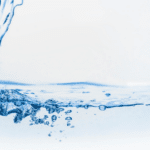
Rabbits need to have plenty of fresh water at all times, so it’s best to provide them with a bowl that they can lap.
Water bottles are not as good because the rabbits will find this unnatural and drink less than needed.
Eating lots of greens means fewer drinks for your rabbit but if you feed mostly hay then make sure there is always plenty of clean and fresh water available!
Vegetables: How much to feed?
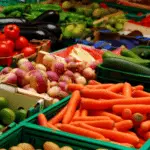
Rabbits need fresh vegetables to stay healthy. Leafy greens are the best bet for rabbits as they provide them with essential nutrients and fiber, but other vegetables should be included in a diet too!
The number of veggies per day is not limited if your rabbit does not get diarrhea from overconsumption; large bunnies usually require two cups while smaller bunnies only need one cup daily.
10% should be veggies (75% of these being leafy greens and 25% vegetables)
Pellets: Add good pellets to your bunny diet
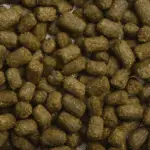
You can feed your pet rabbit pellets, but they should be fresh and relatively high in fiber (18% minimum). Do not buy too much food at once as it will spoil.
Pellets make up less of a bunny’s diet the older he or she gets 5 to 7% is plenty when they are young!
Also, see more information on pellets and read our reviews about different pellet products here.
Treats: Don´t Give Your Bunny To Much
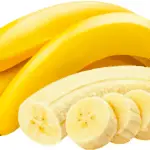
Rabbits have a sweet tooth and love treats. They would happily eat them all day instead of their hay so you must refuse their cute begging faces and make sure they get balanced diets that include 2-3% healthy rabbit treats like fruit or other healthy options such as bananas or carrots, to ensure that your little bunny has enough energy for playtime!
Don´t overdo this as it can cause health problems with your rabbits like obesity!
Fruit: Look out for fruit with too much sugar
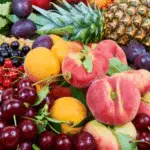
Fruits can be an excellent and nutritious treat when fed in moderation.
However, some fruits that are high in water and sugar may upset the gut flora leading to diarrhea.
Feed your bunny a variety of fruit once or twice per week. The appropriate amount is one to two tablespoons for every five pounds they weigh.
As with vegetables, introduce the new food slowly and in small amounts at first so that you can track any changes in behavior or digestion patterns overtime if necessary
Remember that dried fruits have more concentrated amounts of sugars than fresh fruit does so don’t overdo it on those as well!
Avoid fruits in general if your rabbit has gastrointestinal issues on a regular basis.
CAREFUL NOTE: Lookout for seeds, stones, stems, and skin in all kinds of fruits which can be very bad and even poison for your rabbit.
Plants: Be very careful
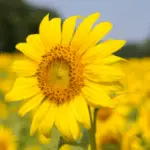
When it comes to plants you must be very careful! There are so many different plants out there, and many of them look very beautiful and are smelling even better.
But be aware that many of these plants and flowers are very toxic to your rabbit, so please investigate before letting your rabbit near these plants.
In our Ultimate List of Food for Rabbits down below, you can search the most known plants and see if they are toxic or safe for your rabbit.
Although many plants lose most of their toxins when totally dried up and can be safe to eat for rabbits, we still recommend that better safe than sorry.
If you can´t find the plant or other kind of food on our list does not mean that it´s safe for your rabbit. Please make a search on Google.
Ultimate List of Food for Rabbits (The Good, The Bad, And The Ugly Food)
Do you know what to feed your bunny and what to include in your rabbit’s diet? There are so many different opinions and recommendations out there on the best food for rabbits and what is bad for your rabbit.
Some people will tell you that hay is the only thing a rabbit should eat, while others say that pellets are just fine. And then there are those who believe vegetables have more vitamins than pellets and give their bunnies a lot of carrots.
We’re here to set the record straight! Below you will find our ultimate list of foods that are safe and which are not safe or even poison for your rabbit which you can look through or you can search for a specific kind of food and see if it´s safe.
The most important information you will find in the table is if the food is Safe for Rabbits or Not, but you will also find recommendations on how often your rabbit should eat the specific kind of food and what the benefits are, and what you should be cautious about.
The ultimate guide to rabbit diet will be updated regularly with new foods and existing foods on our table and will be updated if science is changing its recommendations for feeding your rabbit with specific foods.
Please let us know in the comments if you have some food you would like us to put on the table or if you have comments on existing food information.
Vitamins and Minerals Benefits
Is your bunny deficient in vitamins and minerals? If so, this list of benefits for the various vitamins and minerals will help you make sure that they are getting what they need.
The first thing to know is that every vitamin has a different function- some help with growth and repair, and others promote healthy immune systems. These nutrients also work together to keep your rabbit feeling its best!
Below you will find a table with the most important vitamins and minerals and what benefits your rabbit has from them. You can look through the whole list or you can search for a specific vitamin or mineral.
| Vitamins and Minerals | Benefits for Rabbits |
|---|---|
| Vitamin A | This improves your rabbit’s vision and encourages healthy teeth and bones. |
| Vitamin B1 (Thiamin) | Needed on most of the animal nutrition. It also participates in the synthesis of substances that regulate the nervous system. But rabbits do not need any of the vitamin B complexes in their food. Bunnies can produce all the different types of vitamin B themselves. When they eat their food, the processes in their intestines create vitamin B. Bunnies then create a special type of poo (caecotrophs, which are shiny, soft, smelly small poos joined together). They eat this straight away (which is why you rarely see this type of poo), and so can absorb the vitamins they need. |
| Vitamin B6 (Pyridoxine) | This is key to your rabbit’s metabolism. It helps them maintain a healthy weight and digest food. But rabbits do not need any of the vitamin B complexes in their feed. Bunnies can produce all the different types of vitamin B themselves. When they eat their food, the processes in their intestines create vitamin B. Bunnies then create a special type of poo (caecotrophs, which are shiny, soft, smelly small poos joined together). They eat this straight away (which is why you rarely see this type of poo), and so can absorb the vitamins they need. |
| Vitamin B9 (Folate) | Rabbits do not need any of the vitamin B complexes in their feed. Bunnies can produce all the different types of vitamin B themselves. When they eat their food, the processes in their intestines create vitamin B. Bunnies then create a special type of poo (caecotrophs, which are shiny, soft, smelly small poos joined together). They eat this straight away (which is why you rarely see this type of poo), and so can absorb the vitamins they need. |
| Vitamin B12 | Its deficiency causes a deficiency in the process of cell division and anemia. But rabbits do not need any of the vitamin B complexes in their feed. Bunnies can produce all the different types of vitamin B themselves. When they eat their food, the processes in their intestines create vitamin B. Bunnies then create a special type of poo (caecotrophs, which are shiny, soft, smelly small poos joined together). They eat this straight away (which is why you rarely see this type of poo), and so can absorb the vitamins they need. |
| Vitamin C | Rabbits do not need Vitamin C. It does encourage healing if your rabbit damages their skin, though |
| Vitamin E | Rabbits rely on strong muscles to move, especially in their legs. Vitamin E plays a significant role in keeping their muscles supple. |
| Vitamin K | A rabbit that lacks Vitamin K1 can become anemic. This is dangerous as rabbits are already small and delicate. |
| Calcium | Rabbits need calcium to create bones. Bones are a mixture of collagen (a protein) and calcium phosphate (which helps make bones hard). Growing bunnies need more calcium than mature rabbits, as their bodies and bones are still growing. If female rabbits are pregnant or feeding their young, then they will also need more calcium (rabbit milk is particularly rich in calcium). Rabbits also need calcium for a range of other purposes. Calcium is involved in how muscles contract, in how blood clots, and in making sure that the balance of electrolytes in the body is right. |
| Chloride | Supplementation might be an additional dietary treatment to increase the elimination of urine crystals in rabbits |
| Cobalt | Rabbits need cobalt to enable them to make Vitamin B12 |
| Copper | Rabbits need copper to help make hair, collagen and to regulate how the body uses iron and creates energy. If bunnies don’t get enough they may suffer from anemia, dermatitis, and bone marrow problems. |
| Iodine | The thyroid gland (that looks after energy production) needs iodine. Without it, the thyroid gland gets bigger to try to compensate |
| Iron | Rabbits need iron to help make blood. Red blood cells are made up of hemoglobin, a complex protein connected to an iron complex. |
| Magnesium | Rabbits need magnesium because their parathyroid glands need magnesium – and the parathyroid glands help make bones, and control how much calcium is in the body through creating hormones. The more calcium in the diet, the more magnesium a bunny needs. So make sure that your rabbit is not getting too much calcium. One sign that your bunny might not have enough magnesium in their diet is fur chewing (though this can also be caused by not enough fiber in the diet, or by other non-diet-related reasons, like stress). |
| Manganese | This mineral helps a rabbit grow and maintain strong, sturdy bones. |
| Potassium | Rabbits need sodium and potassium to help ensure that there’s the right amount of fluids in the bunny’s body. They balance out the fluids in the cells with the fluid around them. Sodium and potassium work together as electrolytes. Bunnies also need potassium and sodium for passing nerve signals along with the bodies. Molecular pumps in our cells move potassium onto one side of a cell wall, and sodium on the other. |
| Phosphorus | Rabbits need phosphorus in their diet to help build bones – a major part of bones is calcium phosphate. Generally, bunnies need about two-thirds to half the amount of phosphorus compared to calcium. |
| Selenium | Rabbits need selenium in very small amounts. Most mammals use selenium to mop op peroxides (free radical compounds which are by-products of your body working) which could otherwise damage cells. But bunnies mostly use Vitamin E to do this. |
| Sodium | Rabbits need sodium and potassium to help ensure that there’s the right amount of fluids in the bunny’s body. They balance out the fluids in the cells with the fluid around them. Sodium and potassium work together as electrolytes. Bunnies also need potassium and sodium for passing nerve signals along with the bodies. Molecular pumps in our cells move potassium onto one side of a cell wall, and sodium on the other. |
| Zinc | Rabbits need the minerals manganese, zinc, iodine, and selenium for a whole variety of reasons. Many enzymes use zinc, and it is also involved in cell division. |
Conclusion
Thank you for reading! We hope that this ultimate guide to rabbit diet has helped you understand what rabbits can and cannot eat, the benefits of different vitamins and minerals in their diet, as well as some concerns about not providing a proper rabbit diet.
Please let us know your comments below or any other thoughts on this topic. The more we share information with each other to create an informed community, the better off our bunnies will be.
Sources:
PETA – PEOPLE FOR THE ETHICAL TREATMENT OF ANIMALS
House Rabbit Society – Poisonous Plants

